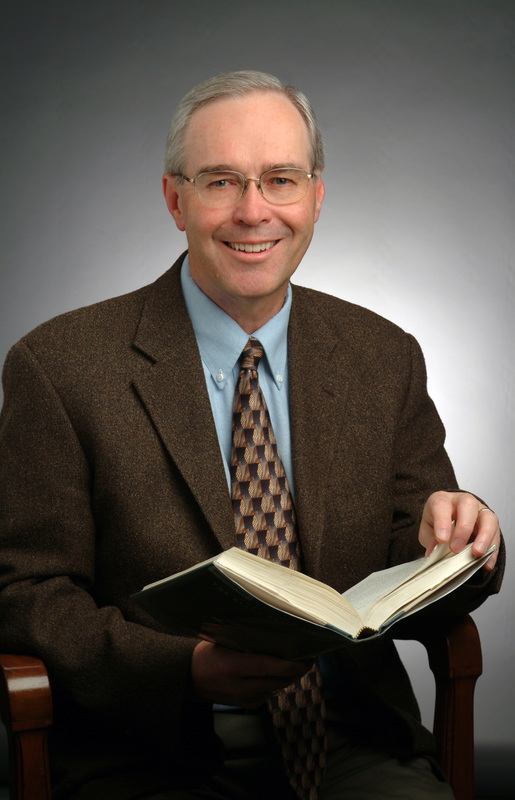“Why, O Lord, do you stand far away? Why do you hide yourself in times of trouble?” (10:1, ESV)
“Save, O Lord, for the godly one is gone; for the faithful have vanished from among the children of man” (12:1).
“How long, O Lord? Will you forget me forever? How long will you hide your face from me? How
long must I take counsel in my soul and have sorrow in my heart all the day? How long shall my
enemy be exalted over me?” (13:1-2)
Christians have been agonizing for a long time over the problem of pain and the advantage the
wicked seem to have over the weak. Our first instinct is to cry out to God, which is good;
but our second instinct is to blame God for acting too slowly or not at all.
This problem jumps out quickly when classifying psalm verses according to the Cycle, where there
are many concentrations of disobedience and disunity, not to mention temptation to challenge
God’s never-ending love.
We must be careful not to cross a line with God. It is honorable to run to him in pain and frustration,
as a small child seeks comfort after an injury. But when complaint borders on disbelief, we
are in great danger.
A modern version of this, when something bad happens, is for a doubter to cry, “What kind of God
would allow this to happen?”
To which the psalmist says:
“The fool says in his heart, ‘There is no God’” (14:1)
But the true believer comes to God and asks:
“O Lord, who shall sojourn in your tent? Who shall dwell on your holy hill?” (15:1)
The psalmist then answers how to be in perfect unity with God in the midst of great difficulty:
“He who walks blamelessly and does what is right and speaks truth in his heart;
Who does not slander with his tongue and does no evil to his neighbor,
nor takes up a reproach against his friend;
in whose eyes a vile person is despised,
but who honors the fear of the Lord;
who swears to his own hurt but does not change;
who does not put out his money at interest and does not take a bribe against the innocent.
He who does these things shall never be moved” (15:2-5)
The answer to “How long, O Lord?” is focusing on unity with God in holy and benevolent
behavior even in the face of persecution and illness.
There is a great river of peace awaiting the one who does not lose hope, but who
confidently praises God and practices justice during times of trouble.


 RSS Feed
RSS Feed